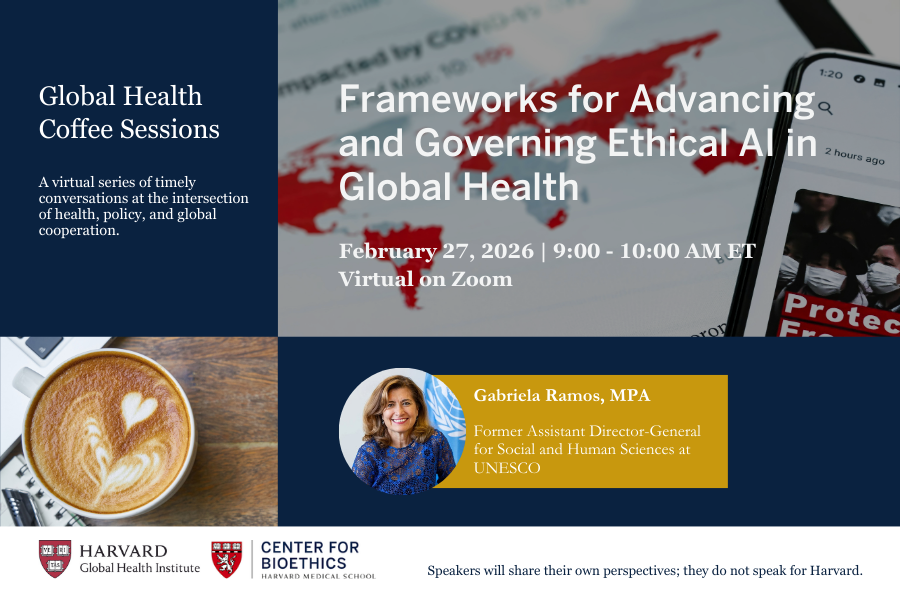
September 27, 2024, 9:00 am - 9:45 am
FreeForging Bidirectional Accompaniment in Global Health
-
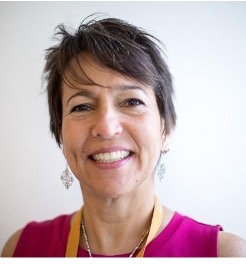 Joia S. Mukherjee, MD, MPH
Joia S. Mukherjee, MD, MPH -
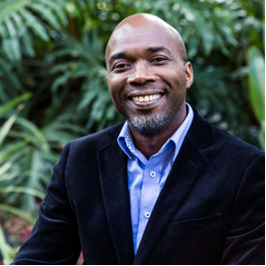 Anatole Manzi, PhD, MPhil, MPH
Anatole Manzi, PhD, MPhil, MPH -
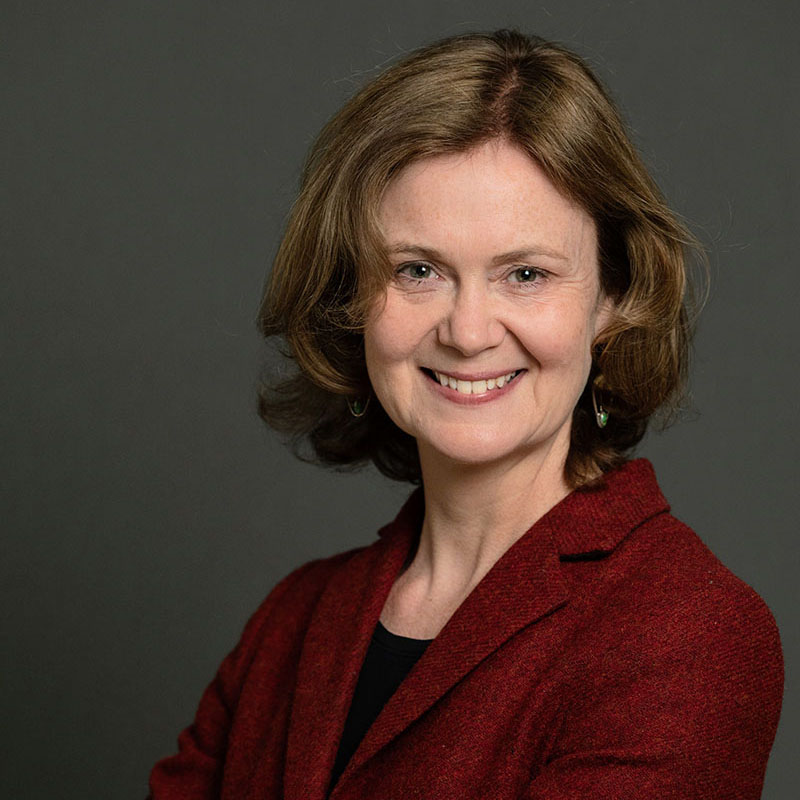 Louise C. Ivers, MD, MPH, DTM
Louise C. Ivers, MD, MPH, DTM

Join us for an insightful conversation on the concept of bidirectional accompaniment in global health with Dr. Joia Mukherjee, Director of the Master of Medical Sciences in Global Health Delivery program and Global Medical Education and Social Change program at Harvard Medical School and Chief Medical Officer at Partners In Health alongside Dr. Anatole Manzi, Deputy Chief Medical Officer of Learning and Quality Health Systems Strengthening at Partners in Health. This session will delve into the profound definition of accompaniment as articulated by Paul Farmer: “Being present on a journey with someone and committing to that person’s well-being. Accompaniment is both an objective that is set at the beginning of a task and a mode of follow through.”
Drs. Mukherjee and Manzi will illustrate how bidirectional accompaniment is a cornerstone of success in global health practice, where sharing new skills, tools, and approaches is not an optional endeavor, but a crucial element. The pair will provide concrete examples of how this concept plays out in global health, defining exactly what it looks like as well as what it does not. Dr. Louise Ivers, Faculty Director of the Harvard Global Health Institute, will moderate the discussion.
The event is free and open to the public.
About the Speakers
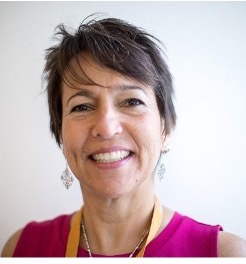
Joia S. Mukherjee, MD, MPH, Chief Medical Officer, Partners In Health, Director and Advisory Dean, F.W. Peabody Society, Director, Master in Medical Science in Global Health Delivery, Harvard Medical School; Associate Professor of Medicine, Brigham and Women’s Hospital
Dr. Mukherjee is an associate professor of medicine in the Division of Global Health Equity, Department of Medicine, Brigham and Women’s Hospital, and associate professor of global health and social medicine at Harvard Medical School. She directs the Master of Medical Sciences in Global Health Delivery program and the Program in Global Medical Education and Social Change. She teaches infectious disease, global health delivery, and human rights to health professionals and students from around the world. Dr. Mukherjee has helped to create new residency and fellowship training programs for Rwandan and Haitian physicians as well as global health residencies and fellowships for US trainees at Harvard and other American universities.
Dr. Mukherjee’s scholarly work focuses on the provision of health as a human right and on the design, implementation, and evaluation of comprehensive health care in resource-poor settings.
Dr. Mukherjee is a graduate of the University of Minnesota Medical School, trained in infectious disease, internal medicine, and pediatrics at the Massachusetts General Hospital, and has an MPH from the Harvard School of Public Health. Since 2000, Dr. Mukherjee has served as the chief medical officer of Partners In Health, a nonprofit medical organization focused on reducing global health disparities by strengthening health systems through public sector support and community-based programs. She provides strategic guidance on the implementation of clinical programs at PIH’s sites in Haiti, Rwanda, Malawi, Lesotho, Peru, Mexico, Russia, Sierra Leone, and Liberia and has served as an expert consultant for the World Health Organization and Ministries of Health of HIV, TB, health systems strengthening and health workforce development.
Dr. Mukherjee also serves on the board of directors for Village Health Works (Burundi) and Muso (Mali) and the Institute for Justice and Democracy in Haiti. She advises various grassroots organizations throughout the developing world in their work to deliver health care with a human rights-based approach to the poorest of the poor.
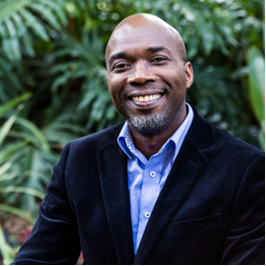
Anatole Manzi, PhD, MPhil, MPH, Deputy Chief Medical Officer, Learning and Quality Health Systems Strengthening, Partners in Health
Anatole Manzi serves as the Deputy Chief Medical Officer at Partners In Health (PIH), where he oversees learning and quality health systems strengthening. In this role, Dr. Manzi collaborates with PIH-supported countries to develop and implement strategies for quality improvement and health systems strengthening. His work focuses on integrating quality management with clinical practice through innovative solutions. Additionally, he manages relationships with various partners, including academic and non-academic global health organizations, to support the design, implementation, evaluation, and dissemination of best practices in patient safety and systems improvement.
Previously, Dr. Manzi held the positions of Director of Clinical Practice and Quality Improvement and Director of Global Learning and Training at PIH. In these roles, he led the organization-wide education and training strategy, including the development and standardization of guidelines and tools essential for delivering high-quality care in PIH-supported countries. He also designed and directed the Mentorship, Enhanced Supervision for Healthcare and Quality Improvement (MESH-QI) program, an innovative health systems strengthening approach that significantly improved core clinical domains such as maternal and newborn health, infectious diseases, and non-communicable diseases.
Dr. Manzi has served on various technical working groups at the World Health Organization (WHO) and the Rwandan Ministry of Health. As an implementation scientist, his research focuses on developing, adapting, and validating healthcare quality measurement and improvement metrics in resource-limited settings. He is an Assistant Professor at the University of Global Health Equity and a Lecturer at Harvard Medical School.

Louise C. Ivers, MD, MPH, DTM&H, Faculty Director, Harvard Global Health Institute
Dr. Louise C. Ivers, MD, MPH, DTM&H is the Faculty Director of the Harvard Global Health Institute and the Executive Director of the Massachusetts General Hospital (MGH) Center for Global Health. Dr. Ivers is also the David Bangsberg Endowed Chair in Global Health Equity at MGH and a Professor of Medicine and Professor of Global Health and Social Medicine at Harvard Medical School. Dr. Ivers has spent her career providing care to the rural and urban poor and engaging in patient-oriented investigation that offer solutions to barriers to healthcare. She works on the design, implementation, and evaluation of large-scale public health programs in resource-limited settings with the goal of achieving health equity. She has worked on healthcare delivery in India, Southeast Asia, and Africa. From 2003-2017, Dr. Ivers served in various leadership roles for Partners in Health, including Clinical Director, Chief of mission, and Director of strategic implementation. In addition to expanding access to healthcare for the poor, Dr. Ivers has contributed to published research articles on HIV/AIDS, food insecurity, and cholera treatment and prevention and is involved in global policy and advocacy.
About the Global Health Coffee Sessions Event Series
The HGHI Coffee Sessions Virtual Series takes place on the last Friday of each month from 9:00 AM – 9:45 AM Eastern Time. Showcasing global health researchers and practitioners from Harvard and beyond, this series aims to explore the role of partnership and collaboration when working to advance global health equity. A diverse range of topics will be covered; including climate change and health, global health security, mental healthcare, reproductive healthcare access, financing and governance for global health, healthcare in conflict areas, digital health, and more. This series will take place online over Zoom, and all sessions will be recorded and available on our YouTube Channel.
Through our events and programs, the Harvard Global Health Institute provides a platform for different perspectives and debates within the field of global health through a variety of media. The views expressed in these events and programs are solely those of the speakers, authors, researchers, and participating audience. As such, they do not speak for the Institute or the university.



